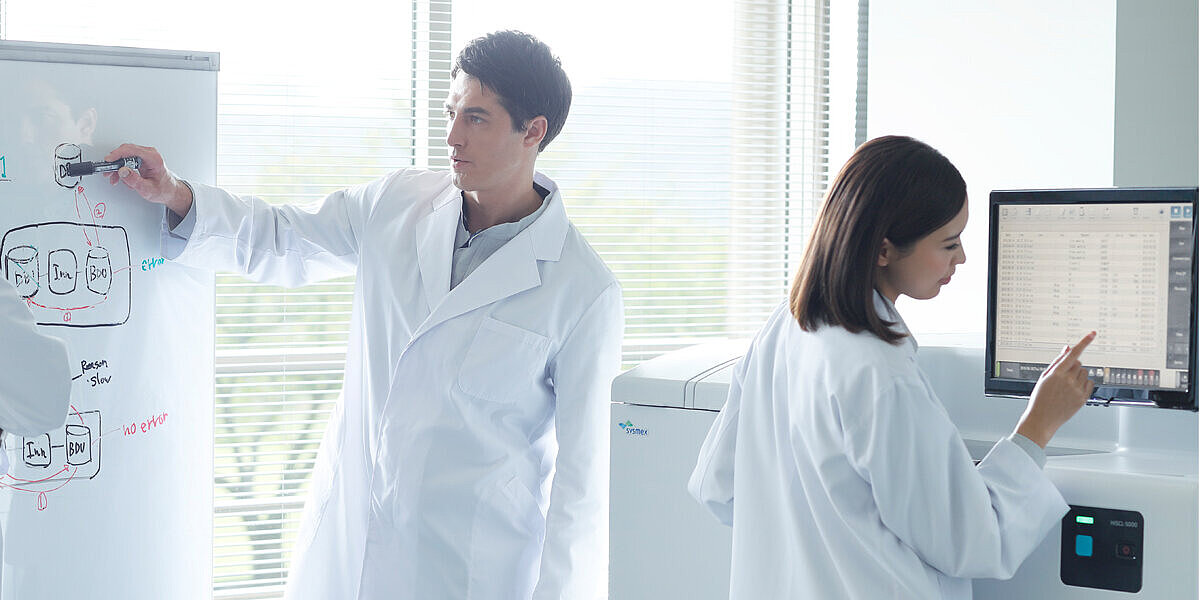Battling both lack of information and misinformation – AMR in Hong Kong
Interview
Dr Wai-kit Ma is Head of Urology and Department of Surgery at the Princess Margaret Hospital, which also hosts the Hong Kong Infectious Disease Centre. The centre is part of the Princess Margaret Hospital in Hong Kong. He outlines some first-hand experience with AMR, how important microbiologists are in the fight against AMR and some tips the general public should be aware of.
“This is an intrinsic problem in Hong Kong,” states Dr Ma. He argues that the risk of bacteria showing antibiotic resistance in patients in Hong Kong is the overuse of antibiotics received during GP (general practitioner) visits. “GPs are very loose in issuing antibiotics to patients. Thus, the penetration of antibiotics in the general population is very high.”
Dr Wai-kit Ma is Head of the Urology team at Princess Margaret Hospital, which is also the Hong Kong Infectious Disease Centre in Hong Kong. He has been practicing for over 17 years and is very aware of the rising numbers of resistant bacteria. Lack of awareness among GPs and the general public as well as commercial reasons are two drivers of the growing danger of AMR (antimicrobial resistance). “But there is an increase in the awareness,” says Dr Ma. “Microbiologists are actively promoting the seriousness of AMR in public hospitals.” The question is how to circulate this information to the places where patients have more contact.
![[.CO.UK-en United Kingdom (english)] Dr Wai-kit Ma [.CO.UK-en United Kingdom (english)] Dr Wai-kit Ma](/fileadmin/_processed_/0/c/csm_Dr_Wai-kit_Ma_2_d86bc30226.png)
First-hand AMR experiences and measures that are now taken
Unfortunately, Dr Ma recently encountered a tough case that could not be solved until it was too late. An 80 year-old patient was hospitalised and they started to see signs of sepsis and pyelonephritis (kidney inflammation). Within 12 hours of treatment, they had administered four different antibiotics, with none of them seeming to work. After conducting a blood culture, a highly resistant strain of E. coli was found.
The hospital authority in Hong Kong recommends lowering the rate of the use of quinolones, a previously commonly-used first-line antibiotic for infections such as UTI (urinary tract infection). Quinolones are no longer encouraged because they are not as effective in fighting infections as they used to be and they can cause other negative side effects.
“It is very worrisome to see the emergence of these resistant bacteria. […] As the use of antibiotics is partly driven by commercial reasons, despite the scientific support behind AMR, this battle is very challenging.”
At the Princess Margaret Hospital where Dr Ma works, antibiotic usage is strictly monitored. Some types of antibiotics can only be prescribed when valid reasons are proven. The microbiologists at the hospital work quite closely together with the clinicians to advise on antibiotic regimes with patients. “This collaboration is seen more frequently now than when I first started practicing,” said Dr Ma. In addition, microbiologists have created an antibiotic booklet that is available to clinicians so they can consult recommendations. This makes the microbiologists the driving force behind promoting AMR awareness, at least at their hospital in Hong Kong.
AMR and the general public
When it comes to how the general public should interact with antibiotics, Dr Ma confirms some advice also given by the World Health Organization1. When asked how long patients should take antibiotics, he says, “In general, we would instruct the patients to complete the course.” He criticises certain sources that make suggestions going against healthcare professionals’ advice. “[Some microbiology journals] would suggest that it is better to only consume antibiotics for a few days and not complete the course. To me, this is more like a [personal] belief than a scientific fact.”
Another action point to fight AMR is discouraging antibiotic consumptions for viral infections, such as the common cold. “I would advise people with a cold to recover through natural means instead of taking antibiotics to [supposedly] speed up the recovery. This will help minimise the development of AMR,” says Dr Ma.

Sources: 1 https://www.who.int/mediacentre/commentaries/stop-antibiotic-resistance/en/
